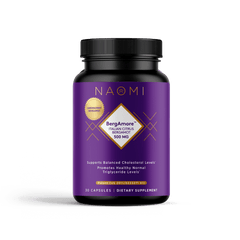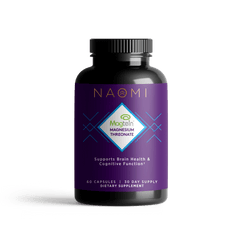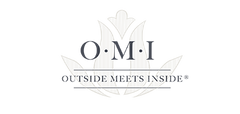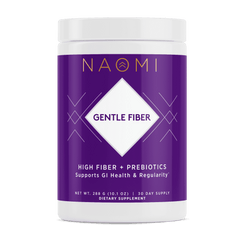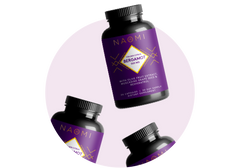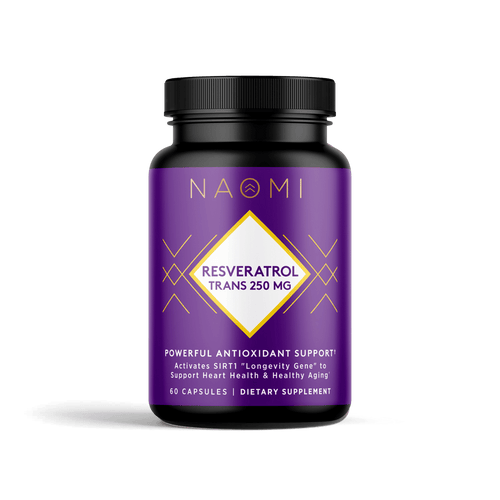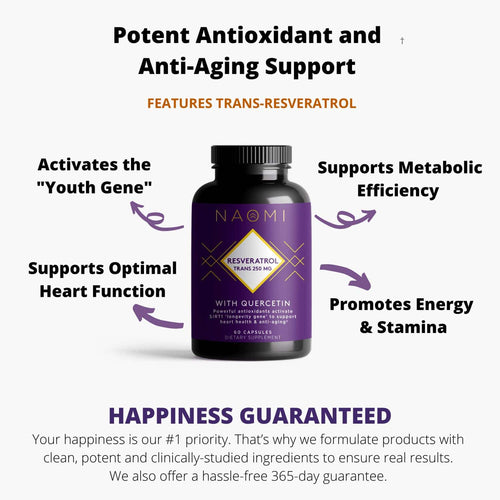Resveratrol and Hair Loss: What’s the Connection?
For some people who start keto, one side effect can be worrisome: Hair loss. While it’s not typical for everyone, it can happen. It is also important to note that we all lose up to 100 strands of hair every day, so it’s not an uncommon occurrence to find random hairs in your brush, shower, or on your shoulder or back.
That’s one of the reasons why it’s not unusual for me to get this question:
What can I do about hair loss while on the Keto Diet?
First, it’s important to understand why hair loss on keto happens. The likely relationship is that when adopting the keto lifestyle, you may have only moderate amounts of protein. And if you have a protein deficiency, that’s what can lead to hair loss. Second, you also have to consider that you can be extra-stressed when shifting to a new diet, which may mean that you’re not sleeping enough and/or consuming a lot of caffeine to keep your energy up. Between those factors and changing the way you consume protein, fat, and carbs, that can cause bodily stressors that can contribute to hair loss.
Hair is made up of two components—the follicle and the shaft. The follicle is the point where the strand attaches to your skin, while the shaft, comprised of an inner and outer layer, is the actual strand we see, style, and brush.
While I do suggest improving keratin and collagen levels for healthier hair, I’ve also been intrigued by the role of resveratrol when it comes to hair loss.
You may know that my passion for resveratrol ignited in France. Sitting in a café sipping wine with my cousin, Dr. Eric Lafforgue, we marveled over the ‘French paradox’: Despite a high-fat diet, the French had a low incidence of heart disease compared to Americans. I was on a mission to “bottle” that essence of health and vibrancy into a supplement that everyone could enjoy. So I combed the world looking for the best sources of resveratrol.
Resveratrol—a powerful, naturally occurring polyphenol that some plants produce to protect themselves against disease, infection, and ultraviolet damage—is perhaps most known for its positive effect on heart health. But it’s also been shown to have an effect on skin, and may have a role in preventing hair loss, promoting hair growth, and enabling you to have healthy hair. The bottom line is that research looking at the connection between resveratrol and hair loss is preliminary, so it’s difficult to say that it has a direct influence. The early research is both promising and interesting.
For example:
- One study showed that resveratrol has numerous benefits, including in some types of skin diseases (via its anti-aging properties). Because hair grows from the skin, the overall health of skin can have an effect on the health of hair and follicle function.
- A study by the University of Hong Kong found that resveratrol increases the lifespan of the hair follicle. And further research by the University of Pennsylvania found that resveratrol can help suppress a hormone called PDG2, which is linked to inhibited levels of hair growth. This is likely due to resveratrol’s anti-inflammatory properties and ability to improve endothelial function, and because it has been shown to be a suppressor of PDG2. This ability to reduce inflammation is important for other health benefits as well.
- A study in the Oxford Journal showed a link between resveratrol and cardiovascular health and how it promotes blood flow to the hair follicle. Blood flow is important for follicle growth and strength. When it’s not as strong as it could be, it reduces the ability for the body to have hair growth.
So while I can’t say that there’s enough evidence to show that resveratrol is the answer to hair loss, I do believe that it has enough health-promoting powers that it is good for our whole body—and very well could be one thing that can help improve the overall appearance and health of our hair.

